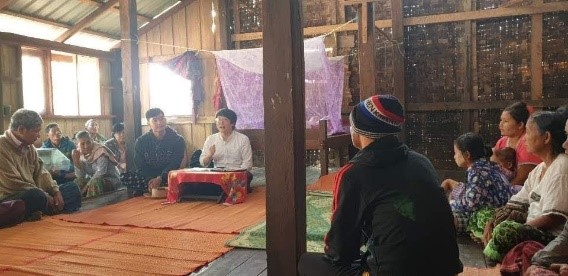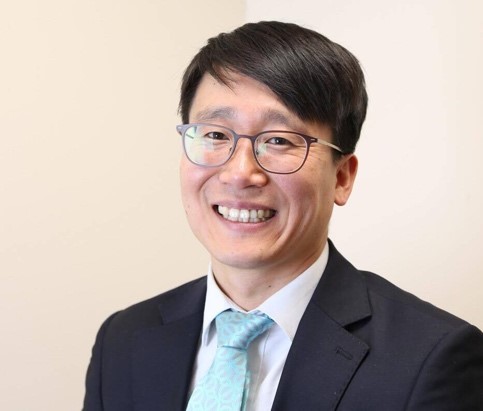| Posted April 20, 2021 | By Samuel Lee | Categorized under Missiology and Theory |

Recently a friend visited me. As we talked about this and that, he told me about difficulties in his missionary work. He had spent six years serving the Kurdish community in Iraq. His initial contact with the Kurds was at a Development Center where he taught English and computer skills. With continued commitment to serve, but dwindling funds, he opened a Women’s Center where women were taught various classes. Six years later his sponsoring church asked him to evaluate his ministry and send them a report. He realized that during this time no one had come to Christ! This fact prompted him to ask a fundamental question, “How should I measure my ministry outcomes with the Kurds?”
While I was listening to his story, I sympathized with him and asked myself, “If I was him, how would I measure my ministry effectiveness?” In an arena that measures success economically or spiritually, how is success being measured in Christian ministry endeavors? How can one determine when a given mission’s approach has produced a good return? For too long in missions, financial stewardship or evangelical fruit such as the number of baptisms, and disciples have sufficed as the sole measuring tools for missional effectiveness. Increased economic pressures, however, such as the triple bottom line (e.g., financial, social, and spiritual) have pushed us to consider more than the quantifiable elements of spiritual reconciliation or financial flourishing, as well as to evaluate outcomes of social transformation, i.e., to be accountable. For effective ministry, social transformation also needs to be measured beside the use of common metrics associated with the spiritual and/or economic.
These questions and basic practices form the basis for my recent book, Faith in the Marketplace: Measuring the Impact of Church Based Entrepreneurial Approaches to Holistic Mission. This book seeks to identify key factors for holistic evaluation based on the salient characteristics that emerged in the case study of three church-based entrepreneurial ministries studied in San Francisco (Redeemer Community Church), Selma, Alabama (Blue Jean Church), and Lynch, Kentucky (Meridzo Ministries). A case study enabled me to study both the surface manifestations of the operation of church based entrepreneurial approaches to holistic mission as well as the underlying processes. This micro-level approach revealed how the leaders determined success and effectiveness. As the result of the studies, readers will note a new way of defining of success and effectiveness by exploring outcomes and impacts of holistic Christian ministries. Additionally, various paths to live out a public church and narrow the gap between the Kingdom of God and a not-yet-redeemed world will be identified.

In this book, we reveal that a true measure of success and effectiveness needs to be based on transformation of evangelical, economic, and social relationships. In other words, the ministries need to frame their ultimate goal in terms of the Triune God’s work through the Father within all creation, through Christ within the reign of God, and through the Spirit within the coming Kingdom of God. The key to these metrics is the intersection between the immanent Trinity (the inner life of the Triune God) and economic Trinity (the Triune God’s missional movement in the world).
Other books and missional practitioners may discuss how to start a missional church or public church, but fall short in providing specific end points or guidelines for assessing a church’s present state. This book provides metrics reflecting a more theological and missiological standard by which to measure a missional church’s effectiveness and success. It is my hope that this book is able to assist church leaders and practitioners to move away from the traditional numbers-based models to the use of a relational framework and from static numbers to dynamic relationships.
By Samuel Lee

Samuel Lee is a missional social entrepreneur in Yangon, Myanmar. He currently serves with Grace Family Mission as a co-representative. He can be contacted at [email protected].